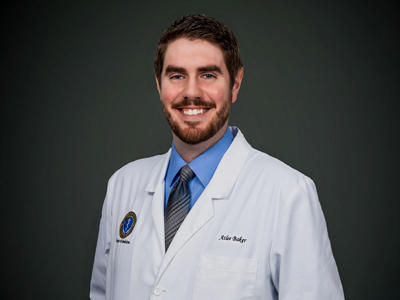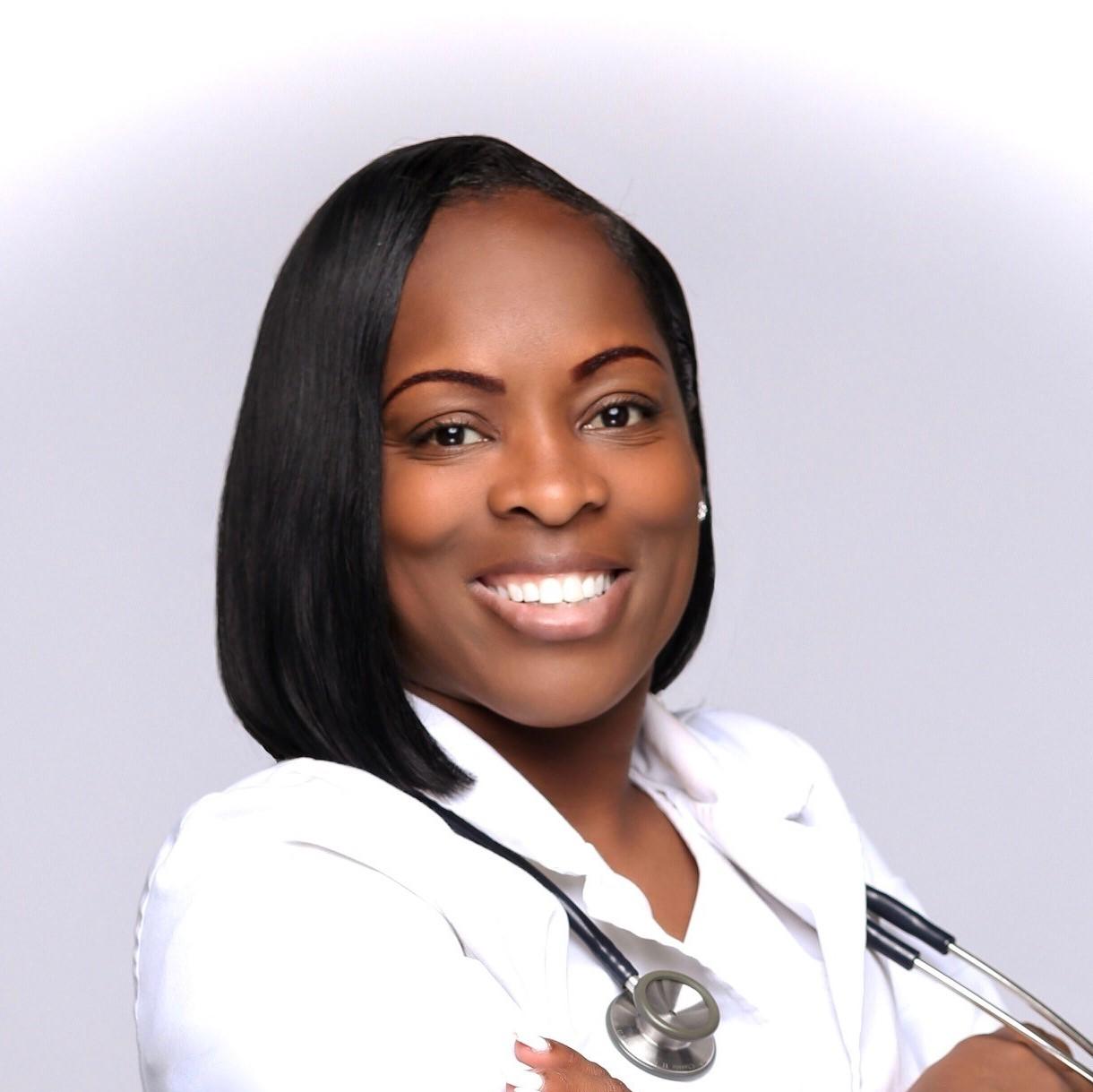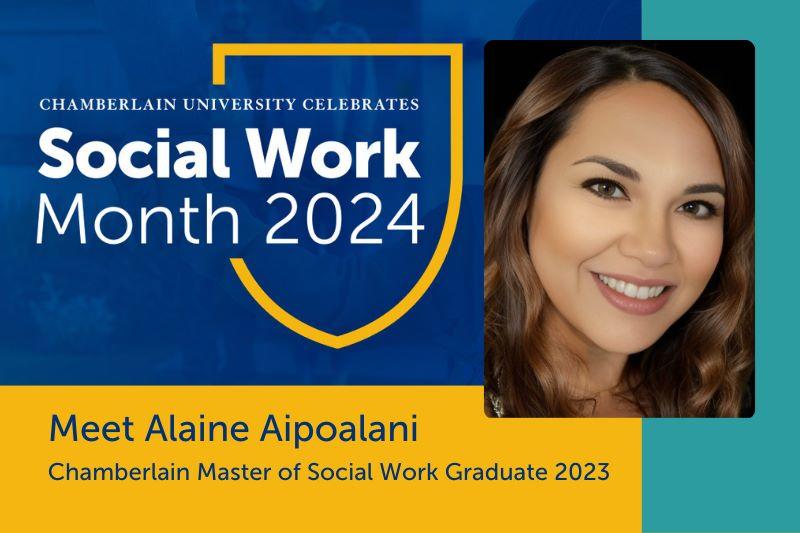Featured
Tags
Share

As the COVID-19 pandemic spread across the United States in 2020, Ross University School of Medicine (RUSM) alumnus Atlee Baker, MD ’19, was ready to join his future healthcare co-workers on the front lines. But since his postgraduate internal medicine residency in Louisiana hadn’t started yet, he was sidelined — and frustrated. So, he developed a plan.
First, he offered his future employer an early start date. Then, he researched options to help at facilities in his Maryland hometown. Finally, persistence paid off, and he landed a non-clinical role supervising the donning and doffing of personal protective equipment for healthcare workers at a local hospital. Working outside of the COVID-19 isolation room, he served as an extra set of eyes for his colleagues.
“Most people would start small and then probably jump in, but I wanted to make an immediate contribution,” said Baker, who also donated blood during the shelter-in-place order. “I wanted to do anything I could to help workers, families and community members.”
Adding Social Determinants of Health
That desire to serve his community as fully as possible helped prompt Baker to broaden his healthcare career. During the final leg of medical school, he had learned about Chamberlain University’s Master of Public Health (MPH) program. He saw how earning an MPH degree online could augment his expertise and scope of practice — and round out an already impressive resume.
“Public health is so important right now with everything that’s going on. It shifts from quantity of care to quality of care and shows the advantages of talking with people about their socioeconomic background to give a more concise diagnosis,” Baker said.
He saw how he could immediately use his public health education. “If a patient comes in for recurrent heart failure exacerbations, instead of treating that and sending him home, I can try and understand why he’s having these exacerbations,” he explained. “Maybe he can’t follow a low-sodium diet because he lives in a low-income area that doesn’t offer healthy choices. We have to try and get ahead of why this is happening so we can treat it holistically.”
Quest for Excellence Continues
A team player and natural leader, Baker earned the prestigious rank of Eagle Scout as a teenager and has continued to excel ever since. He tackled multiple majors in college and tutored others when he had pockets of free time during his medical studies in Dominica.
When he chose Chamberlain’s public health degree program, he selected the accelerated option. With accelerated study, public health master’s candidates can earn a degree in as few as four semesters. And earning an MPH degree in 2021 wasn’t the last of Baker’s education goals. He started off practicing internal medicine but plans to specialize in nephrology and become an academic. In 2023, he was named a nephrology fellow at Washington University School of Medicine in St. Louis.
When he’s not working, you’ll find Baker enjoying a casual game of tennis or experimenting in the kitchen.
Applying His Studies to a Budding Healthcare Career
Baker shared some examples of how his RUSM and Chamberlain educations helped prepare him for a career as a healthcare professional.
When he was a new resident, for example, he had his fair share of tough consultations during clinical rotations. He remembers consoling an older patient and her daughter when it was determined she had pancreatic cancer.
“Even though I was nervous, I couldn’t show that. I tried to stay empathetic yet stoic, standing behind the science, even though I was nervous inside and didn’t know how the family would react. It was incredibly difficult to balance at that moment,” he said.
Another time, a patient with schizophrenia was behaving belligerently. “I went in to have a non-judgmental conversation and let him know the questions I had were going to be intimate. It turns out he suffered from schizophrenia that was controlled by meds, until life happened and he went off the meds. He just needed someone to talk to,” Baker said.
“That’s what medicine is all about — walking into patients’ rooms to start a conversation, to get to know them, and to figure out the best way we can help them so they can live happy, fulfilling lives.”
– By Chamberlain University
Help Your Community Thrive by Earning an MPH
If you are interested in helping to improve public health, consider Chamberlain’s Master of Public Health (MPH) degree program. This CEPH-accredited master’s program is offered online with accelerated, full-time and part-time options. These flexible features help create an MPH degree program for adult learners balancing personal and professional responsibilities.
The MPH program’s interdisciplinary curriculum draws on systems thinking and skills from disciplines that include research, epidemiology, leadership, public health policy, environmental science, health promotion and public health communication.
You can use what you learn in many different settings, and in jobs such as population health professional, environmental health specialist, public health analyst, public health educator and healthcare administrator, to name just a few. Learn more about potential public health careers.
With a public health degree, you can play an important role in addressing public health issues, promoting health equity and creating healthier communities for everyone. Take the first step by getting more information about Chamberlain’s Master of Public Health degree program, as you prepare to become an agent of social change.
Chamberlain University, an accredited institution, offers bachelor’s, master’s, doctoral and certificate programs in nursing and healthcare professions. With a growing network of campuses and robust online programs, Chamberlain continues to build on more than 130 years of excellence in preparing extraordinary healthcare professionals.
The Council on Education for Public Health (CEPH), www.ceph.org, Board of Councilors acted at its August 26, 2021, meeting to accredit Chamberlain University's College of Health Professions Master of Public Health (MPH) program for a five-year term. The accreditation term extends until December 31, 2026, pending the program's continued documentation of compliance as required by the Council. The effective date of the program's initial accreditation is December 16, 2019. CEPH is an independent agency recognized by the U.S. Department of Education to accredit schools of public health and programs of public health. CEPH assures quality in public health education and training to achieve excellence in practice, research and service, through collaboration with organizational and community partners. For a copy of the final self-study document and/or final accreditation report, please contact Dr. Sharonda Wallace, MPH program dean at MPHProgram@Chamberlain.edu.
Chamberlain University is accredited by the Higher Learning Commission (www.hlcommission.org), an institutional accreditation agency recognized by the U.S. Department of Education.
By Chamberlain University
More from Alumni
Request More Information
To receive the Chamberlain University Program Guide, including associated career paths, please select a program of study.







